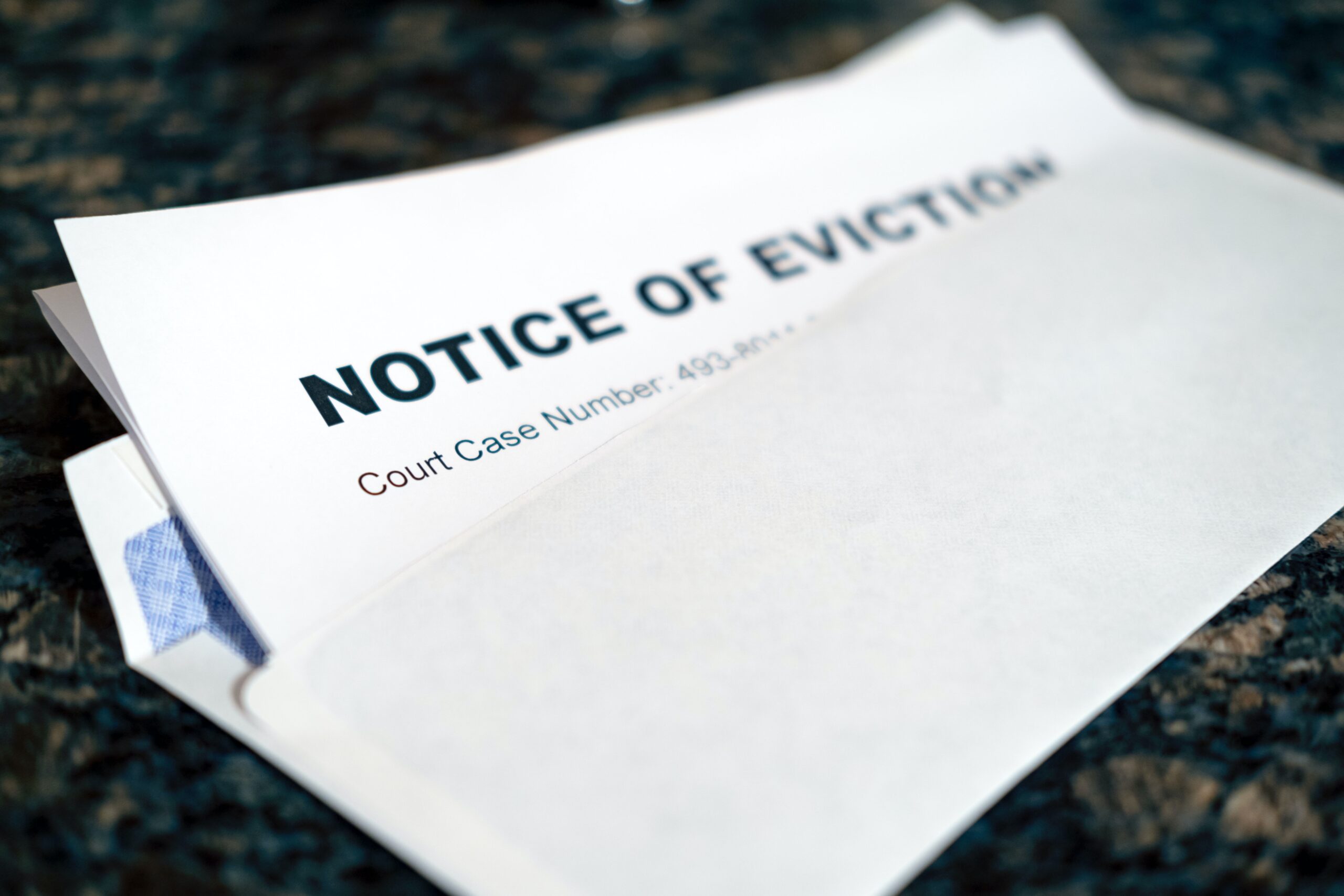-

New Eviction Laws Update
The Minnesota legislature recently passed changes in the laws regarding the process that should be used by Minnesota landlords to legally evict tenants.
-

New Family Laws Passed in August 2024
Have you ever been in a situation where your former partner is withholding parenting time from you with your child(ren) during a custody dispute?...
-

Can I Keep My House If I File a Chapter 7 Bankruptcy?
Student loans and credit cards have fueled a spike in filing personal bankruptcy in Minnesota last year, with a 54 % increase from the previous year....
-

2024 Eviction Law Updates
The Minnesota legislature passed new renter protections that took effect on January 1, 2024, that landlords must follow to evict tenants. As of April...
-

Electronic Will Act
Effective August 1, 2023, the Uniform Electronic Wills Act (Act) has been adopted by State of Minnesota. This Act has significant ramifications for Minnesotans...
-

Estate Tax Exemption Changes for 2024
The federal estate and gift tax exemption continues to increase. For the tax year 2024, the estate/gift exemption is $13,610,000 per individual or $27,220,000...